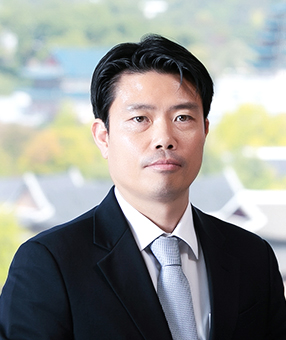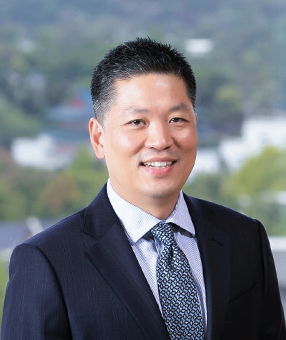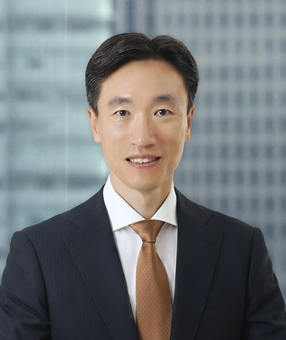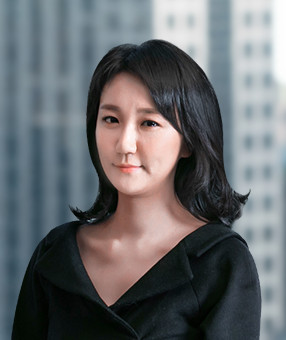On October 31, 2021, the US and the EU announced that they reached a settlement to abolish Section 232 tariffs on steel and aluminum imposed by the US and retaliatory tariffs by the EU, thereby resolving the longstanding trade conflicts between them.
In March 2018, former President Donald Trump imposed a 25% tariff on steel imported into the US and 10% tariff on aluminum imported into the US by applying Section 232 of the Trade Expansion Act on the grounds that imported steel and aluminum posed national security risks. In retaliation, the EU imposed a 10% tariff on all US-originating products, including Levi’s jeans, bourbon whiskey, and Harley Davidson motorcycles to name a few. The two sides also filed complaints with the World Trade Organization (the “WTO”) against each side’s measures, and a panel review was in progress.
The US has agreed to grant the EU a tariff-rate quota (“TRQ”) and the EU has, in return, agreed to lift the retaliatory measures against the US. The two sides have also agreed to suspend the WTO dispute and end the tariff dispute that lasted for more than three years.
Initially, the US had imposed the tariffs on steel and aluminum, citing national security reasons. However, the two sides declared in the settlement that they jointly aim to resolve the carbon emission and global overproduction problems associated with steel and aluminum production. Accordingly, a global treaty to define accurate carbon emission measures involved in the production of steel and aluminum and to share relevant data will be drafted and executed by 2024. The two also agreed to resolve the overproduction issue in the so-called “non-market economies.”
The US President Joe Biden noted that this settlement will become the foundation for restricting the entry of “dirty steel” with high carbon emissions into the US market and addressing both the steel overproduction and climate change issues.
Meanwhile, Japan continues to be subject to the high US tariffs on steel, and the UK will be outside of the scope of this settlement due to Brexit. The US Department of Commerce announced that it plans to negotiate with Japan and the UK following the settlement with the EU.
Korea is currently exempt from the 25% tariffs from the US as the Korean government already reached a settlement with the US in 2018. Korea has absolute quota for steel exports to the US, equivalent to 70% of the average volume in the previous three years, maintaining tariff-free exports within the quota range.
The US-EU settlement is seen as one part of the Biden Administration’s proclaimed agenda of trade policy coordination with its allies. Since its inauguration, the Biden Administration has suspended the longstanding WTO aircraft subsidy disputes with EU and expanded the US-EU cooperation on trade and advanced technology, hosting the very first Trade and Technology Council (“TTC”). Furthermore, the Biden Administration removed various other bilateral disputes with the EU, including by agreeing on a global corporate tax regime. In line with this policy stance, this settlement between the US and the EU is expected to relax trade frictions between the two sides and strengthen their cooperation against climate change and non-market economies.
In the meantime, Korean steel companies, which have been exporting duty-free steel products within the aforementioned steel export quota, may face stiff competition in the US. To elaborate further on this point, while the Korean steel producers are prevented from increasing their exports beyond the quota even if the demand from the US market increases, the EU steel companies can easily fill the gap thanks to the US-EU settlement on steel, which could potentially act as a competitive disadvantage for Korean steel. If the US ends up lifting the Section 232 tariffs imposed on Japan, the UK and other countries, the Korean steel industry’s concerns about future business in the US will only grow.
Related Topics









